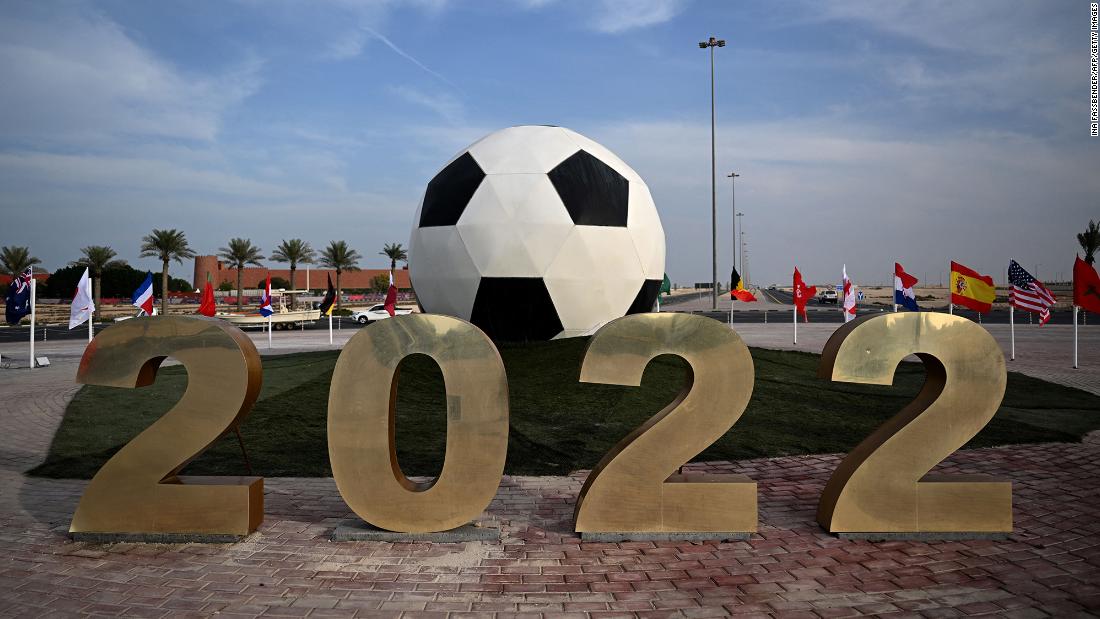Protesting at the World Cup, on the biggest stage of all for football, carries potentially huge risks for the current players in the national team.
“The players are under a lot of pressure by the government. It affects their livelihood, their future, their earnings,” Omid Namazi – the Iranian national team’s assistant coach from 2011 to 2014 – told CNN Sport. Nonetheless, players will be free to protest at the World Cup so long as they do not break FIFA rules, their manager Carlos Queiroz has said.
What would the players be protesting?
Soccer, like everything else in Iran, has been affected by the widespread protests, chaos and violence convulsing the country and threatening the very nature of the regime that has been in power for more than 40 years.
It is amid this turmoil that the Iranian national team has traveled across the Persian Gulf to Qatar where it will face two of the country’s fiercest geopolitical rivals, England and the United States, in its group – the ‘Old Fox’ and the ‘Great Satan’ as they are referred to colloquially by some in Iran.
In the buildup to the World Cup in Qatar, there were calls for Iran to be thrown out of the tournament. As the team prepared to play England in its opening World Cup match, all eyes were focused on its players for more than soccer.
The protests, referred to by experts as the most significant since the establishment of clerical rule following the 1979 Iranian Revolution, were sparked by the death of Mahsa Amini, a 22-year-old woman who died after being detained by Iran’s morality police allegedly for not abiding by the country’s conservative dress code.
What began as a clamor for women’s rights has morphed into a movement, still driven by women, demanding the end of a regime that “people no longer believe…is reformable,” Abbas Milani, director of Iranian studies at Stanford University, told CNN’s Christiane Amanpour earlier this month. “They want a different social contract without the clergy claiming divine right.”
